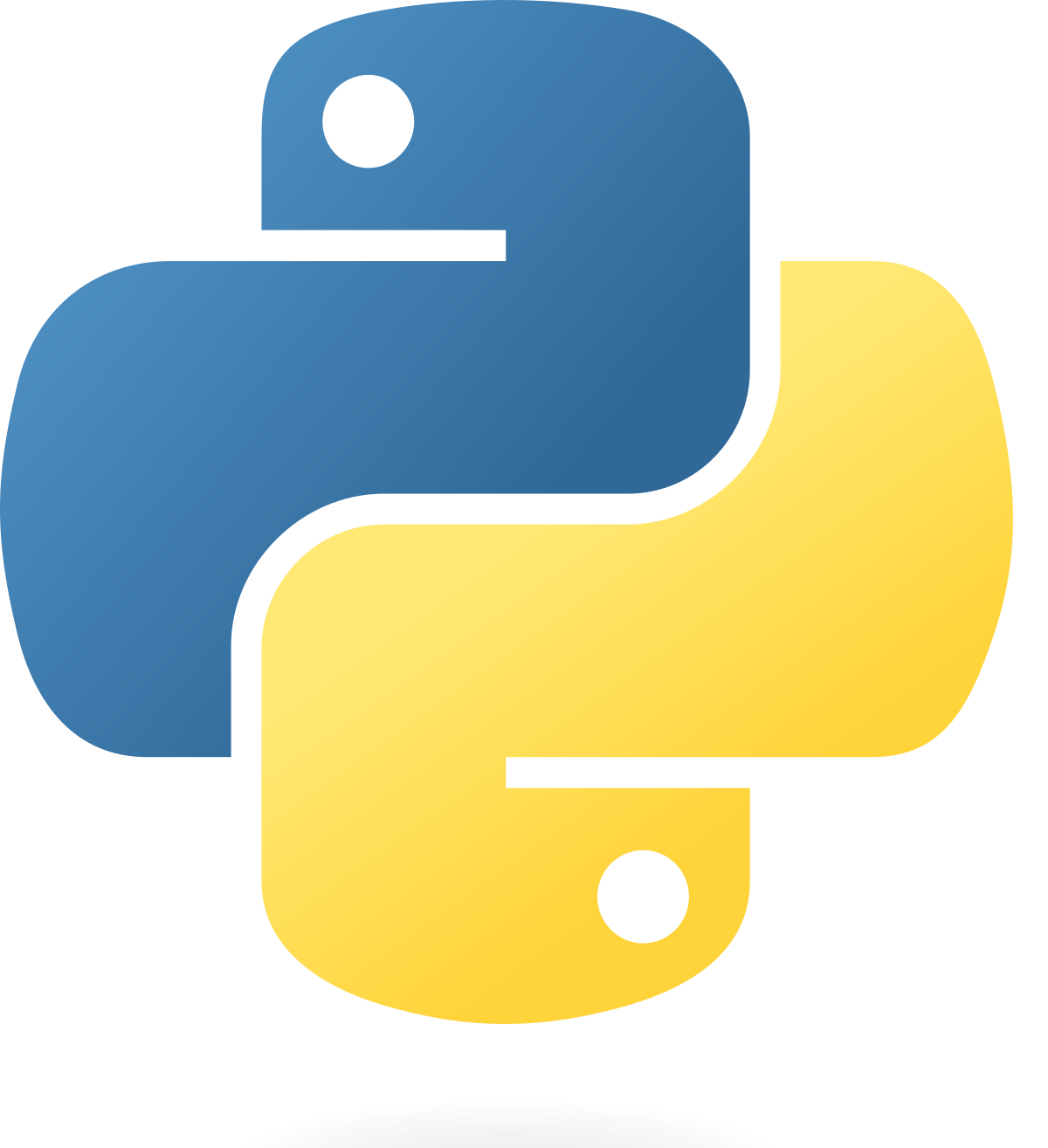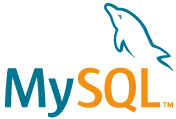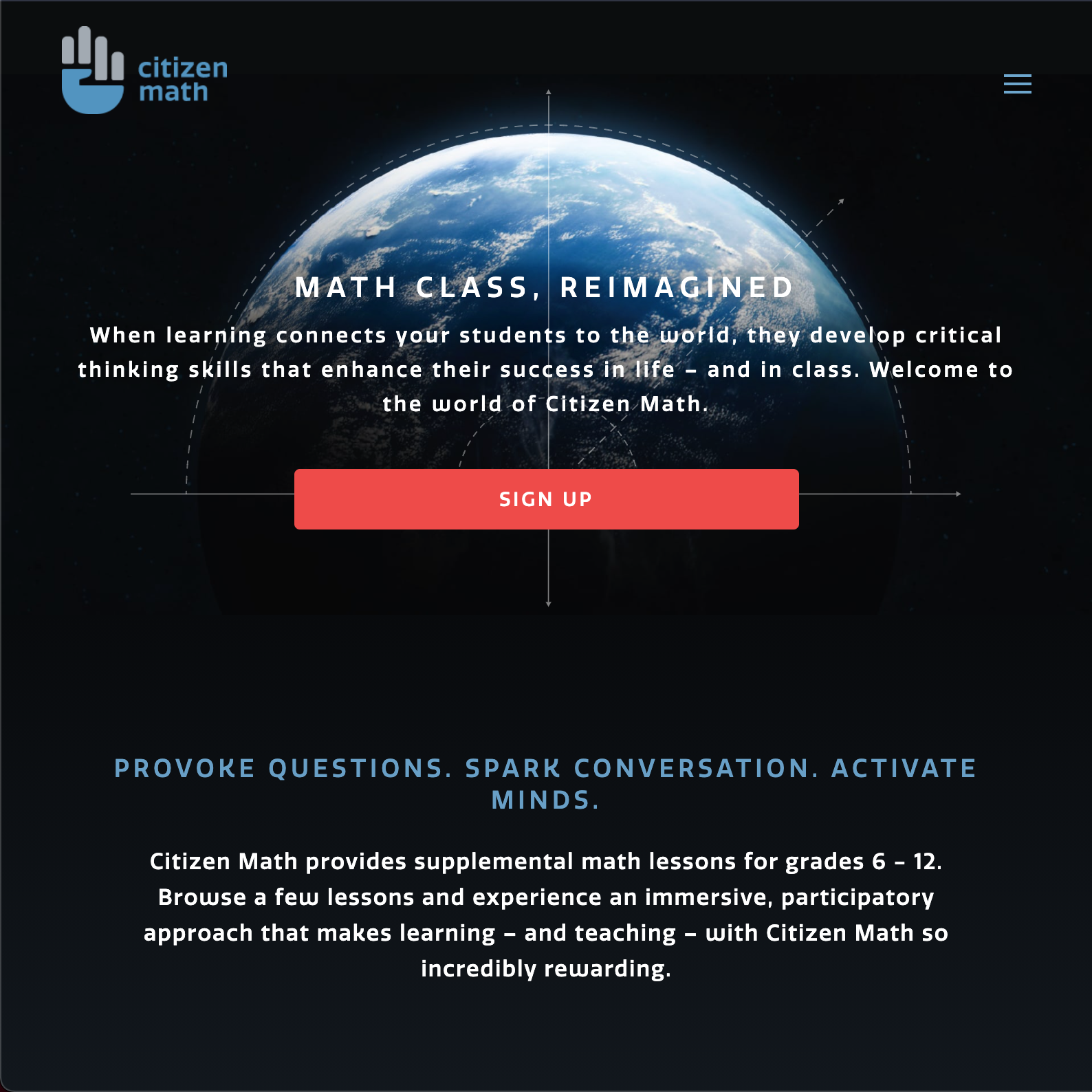"Talk is cheap. Show me the code."
-Linus Torvalds
GRANT KEE
Software Engineer
back to top
back to top
ABOUT ME
My name is Grant Kee. I love learning new things.
I specialize in distributed systems that are secure and trustless.
I'm the lead engineer building Telcoin Network.
I enjoy nature and spending time outdoors when I'm not coding.
I'm grateful to have a career that doesn't feel like work.
SKILLSET
back to top Python
Python
 Linux
Linux
 C++
C++
 Redux
Redux
 CircleCI
CircleCI
 Ceph
Ceph

 PostgreSQL
PostgreSQL
 MySQL
MySQL
PROJECTS
back to topTelcoin Network
I am building Telcoin Network, an open-source blockchain protocol that is EVM-compatible, decentralized, secure, modular, and very fast.
Founding member of the Telcoin Association. The Telcoin Association is a non-profit organization with a decentralized governance whose mission is to maintain and develop the Telcoin Platform.
I serve as the Director of Blockchain Engineering for Telcoin Autonomous Operations (TAO). I'm also serving on the Treasury Council as a representative for Validator miners.
Telcoin Network
The Public Blockchain Secured by Mobile Network Operators
Async Rust, EVM, Trustless, Decentralized, Modular, Open-Source, Secure, Scalable, BFT Consensus, System Design, Lead Engineer
Fractal Networks
My primary role as a backend developer at Fractal Networks was designing and building microservices. After a successful, albeit quite, launch of Fractal Link I shifted focus to design and build the company's main product, a decentralized self-hosting file system. I completed a proof-of-concept (PoC) but parted ways before the planned alpha release in the fall of 2022 due to funding issues.
Working on a small team of 6 required that I wear a lot of hats. My roles included backend engineering, systems design, devops, member of the leadership council creating the company's roadmap and business strategy, and the acting scrum master. I thrive in high-demanding environments and love fast-paced work environments.
I primarily worked with Rust and Python, depending on the task. For internal-only, CLI applications, or heavy-duty services, I prefer to code in Rust. For API services that I work on with junior devs, I used Python. All of the services we used were published privately using GitLab's Container Registry, but there were plans to open-source components eventually.
The focus of my time with Fractal Networks was how to bring about a more decentralized internet. The solution we came up with was helping users overcome the technical experience required for self-hosting. Our idea was if self-hosting became more reliable and easier to accomplish, more users would adopt this approach and the internet would become more decentralized. The path forward was not easy, but I took the challenges head-on by ensuring our users security, failover safety, and making it possible to self-host collaboratively. Your data should be yours, not the cloud provider's.
Most of the team I worked with has also parted ways. I no longer have any affiliation with this company, but I wish them all well. I learned so much building with them, and I still believe in Fractal's vision for a more decentralized internet.
Fractal Networks
Secure Self Hosting
Rust, Python, NextJS, Docker, WireGuard, RabbitMQ, NGINX, GitLab CI/CD, Make, RabbitMQ, gRPC, Ceph, Ansible
Citizen Math
After nearly a decade of success, Mathalicious decided to rebrand to Citizen Math. They were working with a small firm to develop the new site, but after 6 months of constant back and forth, the project had barely progressed. It was clear that they needed a fresh start with someone who would take the rebranding seriously.
I worked closely with two non-technical stakeholders and a design team to bring their vision for Citizen Math to life. My resposibilities were to handle every technical aspect of the new site, including the database structure, processing payments through Stripe, the registration process, and more. As a team player, I was careful not to unilaterally alter the project's scope or say something couldn't be done. Instead, I did my best to start a conversation that helped the business decide what the right balance of scope, cost, and time should be moving forward. This lead to a much more collaborative process that ensured all parties were confident in the decision moving forward.

CitizenMath.com
Math class, reimagined
Ruby on Rails, MySQL, Kubernetes, JQuery
Featured in Communication Arts Magazine